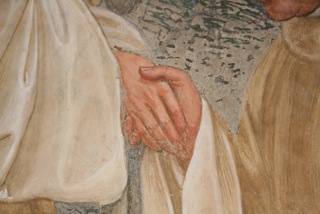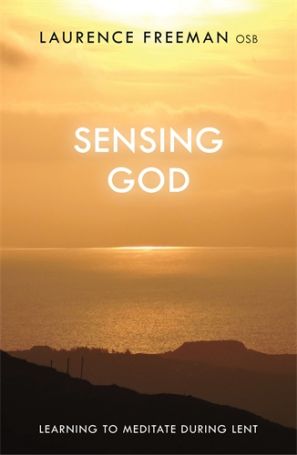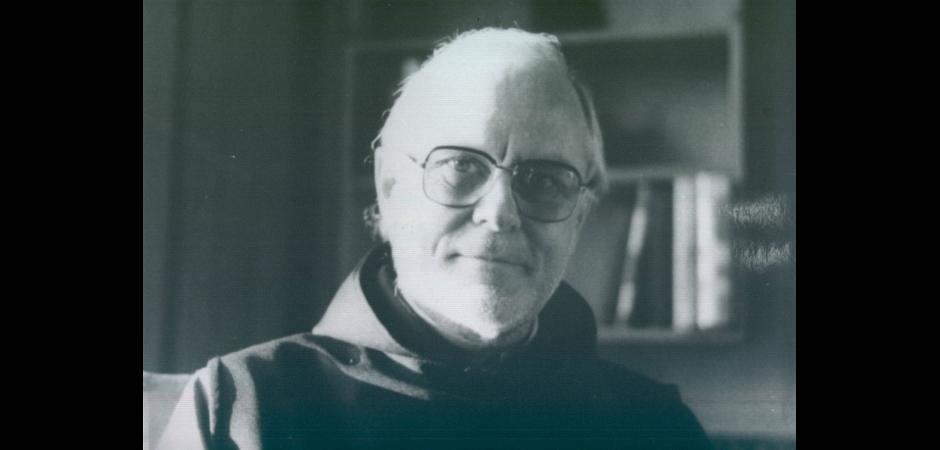 BECOMING AN OBLATE : FIRST STEPS
BECOMING AN OBLATE : FIRST STEPS
If you would like to explore this Benedictine path as a way of life growing out of your meditation we will be happy to help you understand what it involves. You will find basic vision by reading John Main’s Community of Love.
The article ‘Monastics in the World” below is also important to reflect on.
The first step in seeing if the WCCM Oblate Community is for you is to contact your National Oblate Co-ordinator. If there is not a coordinator in your country you can contact Trish Panton, the International Coordinator. They will be happy to answer your questions about the oblate path within the World Community. They will be in touch with you and send you information that clearly sets out the steps in the process of becoming an oblate and discuss what it means.
 BECOMING AN OBLATE : FIRST STEPS
BECOMING AN OBLATE : FIRST STEPS
If you would like to explore this Benedictine path as a way of life growing out of your meditation we will be happy to help you understand what it involves. You will find basic vision by reading John Main’s Community of Love.
The article ‘Monastics in the World” below is also important to reflect on.
The first step in seeing if the WCCM Oblate Community is for you is to contact your National Oblate Co-ordinator. If there is not a coordinator in your country you can contact Trish Panton, the International Coordinator. They will be happy to answer your questions about the oblate path within the World Community. They will be in touch with you and send you information that clearly sets out the steps in the process of becoming an oblate and discuss what it means.
If you already know an oblate of the community you might like to ask them about how their life is enriched by being as an oblate and see if there is an oblate cell meeting near you that you could visit. Larger gatherings of oblates meet at the annual John Main Seminar and other events and retreats organized by the meditation community locally, nationally or internationally.
WHAT DOES IT MEAN TO BE AN OBLATE?
‘Oblate’ literally means ‘one who is offered’. Originally in the Rule of St Benedict it referred to children who were ‘offered’ by their parents to the monastery for formation and education. When these children reached the age of decision they could chose to stay on in the monastery or leave and live outside. These who left would often keep close links to the monastery though. Later on, in the Middle Ages, it referred to lay people who wanted to be linked to the spirituality of St Benedictine by becoming associated with a particular monastery.
JOHN MAIN's VISION
John Main is the founding father of the community and the first thing an Oblate does is familiarize themselves with his teaching. The teaching on meditation is available through many books and CD’s. John Main had a vision of ‘a new monasticism’. He speaks of this in a collection of essays published as ‘Community of Love’. For those who can read English (and so far it is only available in English) it is a valuable text to see how meditation fits into the monastic tradition. The same theme is covered in the recently published ‘Monastery without Walls’- a collection of John Main’s letters to the community.
COMMUNITY SENSE
Alongside the prayer most Oblates have a growing sense of being part of a community and they try to foster this by going to retreats, schools and seminars when possible. This is all part of an ongoing formation – a commitment to what St Benedict called ‘conversion of life’. To meditate together is also a celebration of our common prayer and most Oblates would try to attend a Christian Meditation group regularly where possible. There is also an Oblate Network with a twice year Oblate Newsletter and Oblate retreats and pilgrimages which foster the ‘common life’. There is also a tradition of ‘Oblate Cells’ which are small groups of Oblates (two is enough) who meet regularly to share some reflection on the Rule and its influence in their life. The ‘Cell’ helps to build the bond of a local Oblate community.
LECTIO DIVINA
An Oblate would also commit themselves to some form of ‘Lectio Divina’ during the day. For many this takes the form of ‘the Divine Office’ which is some part of the daily prayer of the Church; psalms, readings, intercessions etc. These are normally woven in around the times of meditation. For others it may be a time reflecting on a Gospel passage or psalm each day. The World Community for Christian Meditation has also received ‘Silence and Stillness for Every Season’ (Ed. Paul Harris) that gives a reading for each day of the year.
THE RULE OF ST BENEDICT IN EVERY DAY LIFE
Apart from the prayer and community there is the creative venture of living out the spirituality of St Benedict in our daily lives. Primarily that means applying it to the context of family, relationships, leisure time and the workplace, living a life of prayer and meditation though the commitments, opportunities and responsibilities of our life. The Rule needs to be adapted to circumstances in a spirit of obedience, stability and conversion of life. ‘The tools for good works’, as St. Benedict calls them, need to be used creatively. The way we live out our
Oblation and calling is unique for each person.
THE GUIDING PRINCIPLE IS NOT RIGOUR BUT LOVE:
St. Benedict writes in his Prologue to the Rule: “We intend to establish a school for the Lord’s service". In founding it we hope to introduce nothing harsh or burdensome. But if a certain strictness results from the dictates of equity and for the amendment of vices or the preservation of charity, do not at once be dismayed and fly from the way of salvation, whose entrance cannot but be narrow. For as we advance in the religious life and in faith, our hearts expand and we run the way of God’s commandments with "unspeakable sweetness of love"



